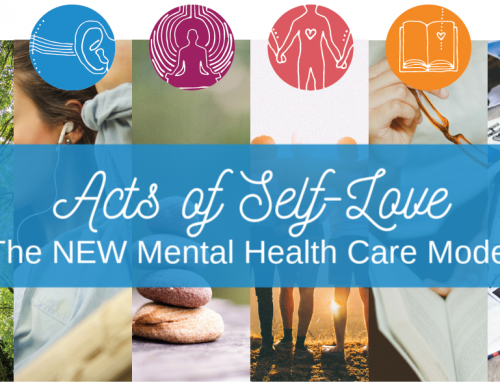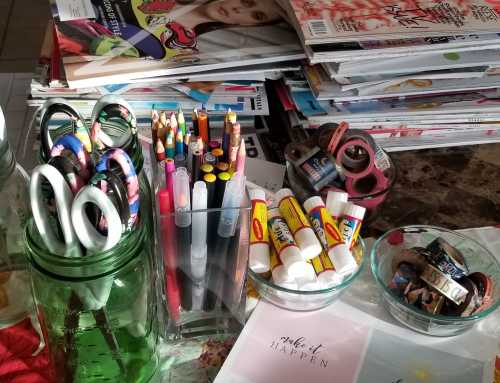As you become introspective and empathetic with your understanding of others thoughts and feelings you may begin to understand the pain you have caused others through your own unconscious (or conscious) actions. You behave out of a direct result of your own emotional pain, but when you become aware of the reason for your actions upon other people, this can now create an awareness of the situation that you didn’t have previously. You can feel extreme guilt and even shame, but the impact of that guilt arises out of the courage you’ve had to face the reality of your own actions upon others.
I’m reminded of a story Robert Karen shared in his book The Forgiving Self of Phan Thi Kim Phuc. You’d recognize her if you saw her picture. She’s the young girl you’ve seen countless times in the black and white photo, running naked, screaming in terror as U.S. soldiers run behind her along with several other children. Her body is covered in napalm and her body is on fire. She is running for her life, escaping sheer terror of bombs that just rained down on her small Vietnam village.
Phan Thi Kim Phuc’s photo emerged in The Stars and Stripes magazine the day after John Plummer ordered the raid on her village. He was 24 years old in 1972, the day he commanded this horrific attack. Later, Plummer told an Associated Press journalist that seeing this image “knocked him to his knees” and he knew he would never be able to talk about this event to anyone, ever. He was full of shame.
Phan Thi Kim Phuc survived seventeen surgeries and eventually became the goodwill ambassador for UNESCO, an organization whose motto is “building peace in the minds of men and women.” In 1996, Plummer heard Phan Thi Kim Phuc would be speaking at a Veteran’s Day memorial near his home, so he decided to secretly attend. While in the audience, he heard Phan Thi Kim Phuc say, “If I could talk face-to-face with the pilot who dropped the bombs, I would tell him you cannot change history, but you should try to do good things for the present….”
At the end of the speech, Plummer made his way to Phan Thi Kim Phuc and introduced himself as the man who ordered the raid upon her village twenty-four years earlier. She opened her arms out to him, and he clung to her, sobbing. All he could manage was “I’m sorry, I’m sorry” and she simply responded, “I forgive, I forgive.”
Without forgiveness, we’d forget what it means to be human. To make amends mean forgiving yourself, as in the story with John Plummer above, but also forgiving others. You must be willing to see whom you’ve hurt through the passage of time in order to know how you can reconnect to them through your admission of how you’ve wronged them.
To change, you must become more conscious of how you feel and what you think. Consciousness will allow you to take ownership of what is yours so you can change it.
Who have you hurt when you didn’t know any better? Whom have you judged wrongly, and in a way that would create emotional pain for them? Who have you gossiped about when you were engaged in your own self-destruction? Within your intimate relationships, how far do your pains go, and to what lengths will you hold grudges when you don’t forgive the people who wronged you? Furthermore, can you become more aware of how that grudge-holding only causes you more pain, keeping you in bondage with a past that no longer serves you?
Thumbnails of the film footage showing the events just before and after the iconic photograph was taken. (ITN) (Photo credit: Wikipedia)








